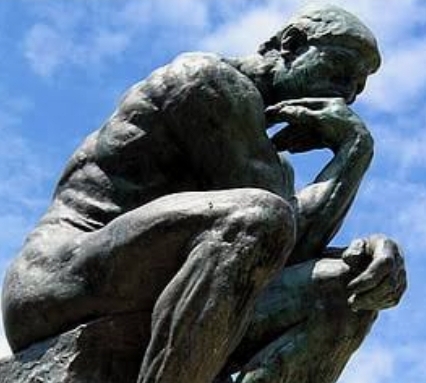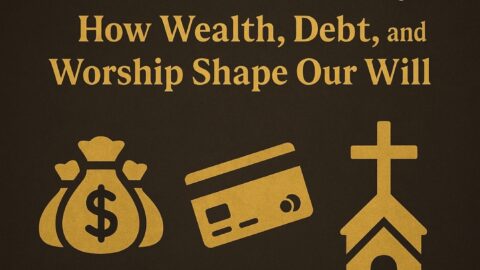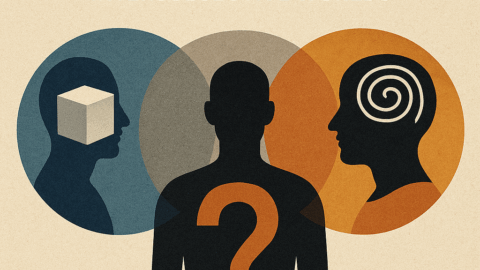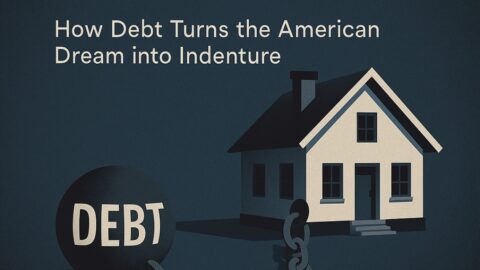Francis Bacon’s statement—“A little philosophy inclineth man’s mind to atheism, but depth in philosophy bringeth men’s minds about to religion.”—describes a transformation that occurs as individuals move from superficial reasoning to deeper intellectual and existential exploration. This concept aligns with Carl Jung’s idea of personal development, in which the first half of life is focused on ego-building and external achievement, while the second half is about inward reflection and self-transcendence.
How and Why This Happens: The Journey from Superficial to Deep Thinking
Superficial Philosophy & Atheism (First Half of the Journey)
- When someone begins exploring philosophy or science, they often become enamored with reason, logic, and empirical evidence.
- Many early philosophical inquiries focus on disproving religious dogma, criticizing contradictions in organized religion, and questioning the existence of an unseen higher power.
- Rationalism, materialism, and skepticism take precedence as the person builds confidence in their ability to understand the world through reason alone.
- This corresponds with Jung’s concept of ego formation—in the first half of life, people focus on identity, achievements, career, and independence. They seek control over their external world.
Deep Philosophical Exploration & the Return to Religion (Second Half of the Journey)
- As one delves deeper into philosophy, they encounter complex existential questions: What is the purpose of life? What is consciousness? Why is there something rather than nothing?
- The limitations of human reason become more apparent. Science and logic can explain how things happen, but not why.
- Exploring thinkers like Kant, Hegel, Kierkegaard, or even modern physicists like Einstein, one begins to see that pure materialism fails to account for subjective experience, meaning, and metaphysical realities.
- This mirrors Jung’s second half of life, where the focus shifts inward—letting go of rigid ego attachments and seeking deeper truths beyond rational thought.
- The paradox is that, after initially rejecting religion, many return to spiritual or metaphysical beliefs—not necessarily in the same traditional sense, but with a deeper, more personal understanding.
Philosophy & The Death of the Ego
Carl Jung’s statement—“The first half of my life is devoted to forming a healthy ego, the second half is going inward and letting go of it.”—directly relates to this journey.
- In youth, people build their self-image, status, and intellectual framework, often rejecting tradition in favor of independence.
- However, as they mature, they realize that meaning is not found in external validation but in deeper spiritual or existential understanding.
- Many individuals return to faith or a sense of the divine—not out of blind belief, but because their exploration of philosophy, science, and personal experience has led them to recognize something beyond mere rationalism.
Final Thought: The Return to the Source
Bacon and Jung highlight a cycle of human development:
- Youthful arrogance in reason → rejection of spirituality.
- Deep questioning → recognition of the limits of reason.
- Humility and wisdom → a return to spirituality, but with a deeper, more enlightened perspective.
In essence, a surface-level thinker may dismiss religion, but those who seek wisdom with true depth often find themselves circling back—not to dogma, but to a recognition of the sacred mysteries that transcend pure logic.






